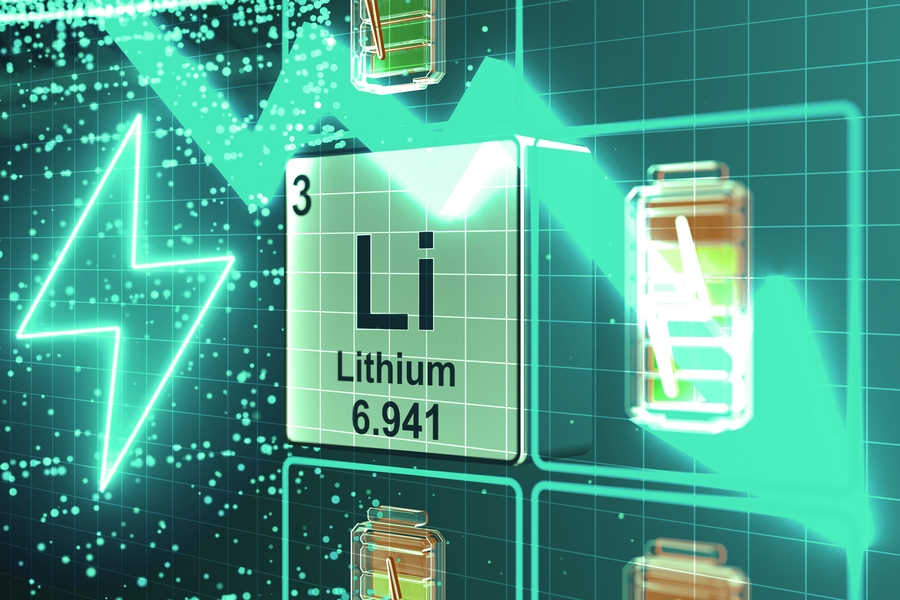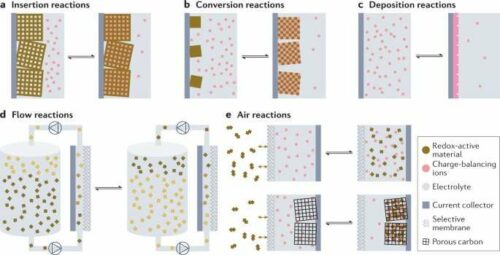- You have no items in your shopping cart
- Subtotal: $0.00

[ad_1]
Researchers have developed water-based lithium-ion batteries that combine better safety and higher voltage.

Lithium-ion batteries hold nearly 80% of the worldwide rechargeable battery market. This is because they offer better battery capacity, efficiency, and longevity than others in the current market. However, it is expensive and can catch fire or explode in extreme conditions.
Researchers at the University of Houston argue that the gold-standard lithium-ion battery is about to get some competition. They are betting on low-water batteries—with water-based electrolytes—generally considered safe, reliable, and cheap. “The idea is to create advanced aqueous batteries that can combine better safety and higher voltage,” said Yan Yao, Hugh Roy, and Lillie Cranz Cullen, Distinguished Professor of Electrical and Computer Engineering and principal investigator at the Texas Center for Superconductivity at the University of Houston.
Commercial water batteries today lack the energy density and sustainable power that should be seriously considered for large-scale applications such as transportation and grid storage. The researchers plan to expand the electrochemical stability window, allowing the battery’s chemistry to operate over wider voltage ranges and produce more energy, leading to new opportunities.
“How we integrate different components has a big impact on this field,” said Yanliang “Leonard” Liang, research assistant professor of electrical and computer engineering. “We have to mix and match and try new combinations. Sometimes this results in an improvement in one area but a compromise in another. We have to be realistic and keep trying to make it better and better. One day, you’ll have an aqueous battery with the same voltage as a lithium-ion battery, but it’s safer because it’s water-based,” he said.
Researchers must continue to pursue improvements to make the hope of an advanced commercially available water battery a reality. There is a very good incentive to encourage researchers – not only will water batteries in the future provide more energy and safety, but they will also make it easier to dispose of the battery in the environment due to the materials used.
[ad_2]



